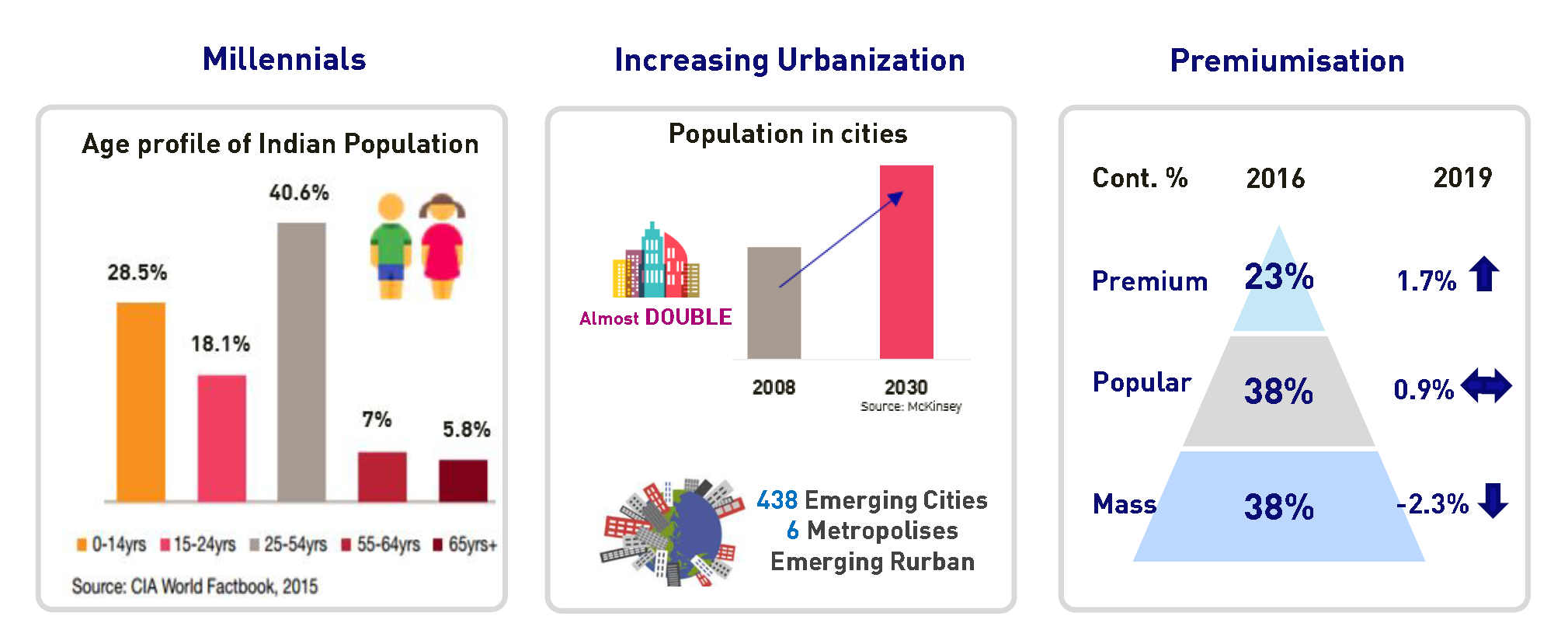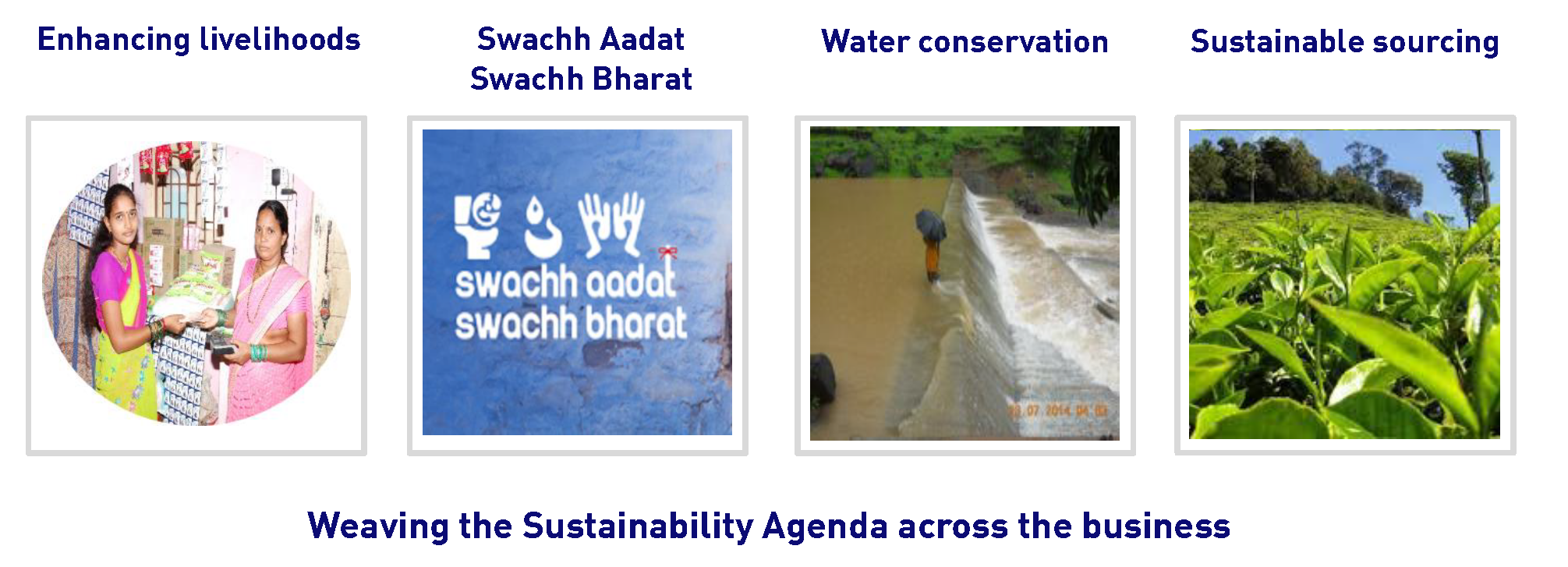Socially Responsible Companies in India. It’s the law.
This may come as a surprise, but guess which country was the first to legislate social responsibility for corporations? India! Indian companies are engaged in several projects that are meaningfully impacting the lives of India’s poor and the surrounding environment. Unfortunately, you don’t hear about this in the Australian media.
Corporate governance reforms in India have been primarily based on the “Anglo Saxon model” of governance, which adopts principles from the UK’s Cadbury Report, the OECD principles of corporate governance and the US’s Sarbanes Oxley. Corporate social responsibility is a significant part and the key requirements include;
- Companies meeting a certain size are required to spend at least 2% of their average net profits during their previous three financial years on socially impactful activities
- The Board’s annual report to shareholders is required to provide details on the company policy developed on corporate social responsibility activities undertaken during the year
- The Board shall appoint a Corporate Social Responsibility Committee of three or more directors, with at least one of them being independent
A significant holding in our portfolio and prime example of corporate social responsibility is Hindustan Unilever. A merger between the Dutch-British consumer goods giant Unilever and two local players in India in 1933. It is the largest FMCG company in India by sales as it has the widest portfolio of products and the broadest distribution reach, with 8 million outlets. This reach means it is able to provide products for over 700 million Indian consumers who use their products, with over 40% of its sales coming from rural India, among the highest proportion for FMCG companies operating in India.
The tailwinds for the India consumption story, particularly within the rural segment is substantial given inflation has receded from over 10% in 2012 to below 3% currently, a favourable monsoon environment last year and what is forecast for 2017 has also provided much impetus to the rural sector. Additionally, there are several government schemes which are aiding the consumption growth outlook as a greater sense of equality is sought across the nation. Furthermore the 2019 election is likely to see several pro-consumption, pro-rural policies, particularly in the FY18 budget given 70% of the Indian population are part of the rural economy.
 Source: Hindustan Unilever Company Reports
Source: Hindustan Unilever Company Reports
The confluence of positive factors and significant reach to most of India, uniquely positions Hindustan Unilever to make a meaningful difference to society. The company has undertaken several sustainable initiatives which have long-term benefits for the economy and its population rather than focus purely on the wealthier segment of India. Several of these initiatives cover significant environmental and social matters and are described below.
Empowerment of Women
Women empowerment is a strong drive in India. (For example, the corporation act legislates that there must be at least one woman director on the board) Hindustan Unilever have commissioned a project called project Shakti (strength) which works towards changing lives of women in rural India. They have trained thousands of women across villages in a bid to develop an entrepreneurial mindset and make them financially independent and more empowered.
 Source: Hindustan Unilever Company Reports
Source: Hindustan Unilever Company Reports
Sustainable living
Hindustan Unilever has also created an urban water, hygiene and sanitation community centre in one of the largest slum areas in Mumbai. This includes toilets, clean showers and safe drinking water. Fresh water is used for brushing, bathing, handwashing and laundry while the waste water from these activities are used as input for flushing toilets. This is expected to save around 10 million litres of water per annum. Another example, is the development of a new process of manufacturing soap based on 'Plough Share Mixer' technology. This eliminates the need for steam in soap making and cuts carbon emissions by 15,000 tons per year.
Clean India
Furthermore, in partnership with the Bill & Melinda Gates Foundation, the company has used their leading toilet cleaning brand, Domex (which we know as Domestos here and globally) to help build over 70,000 toilets in rural households across India. They have also launched the Swachh Aadat, Swachh Bharat (Clean Habits, Clean India) programme in line with the Government of India’s Swachh Bharat Abhiyan (Clean India Mission) to promote health and good hygiene practices. In India, over 130 million people were reached by December 2016 through programmes on handwashing, safe drinking water and sanitation.
Companies like Hindustan Unilever are very much part of the better livelihood for the broader population across India. Investing in businesses like this one are likely to provide India’s youthful and aspiring population an opportunity for inclusiveness in the transition and transformation of India.
To find out more on Hindustan Unilever's sustainable living plan visit https://www.hul.co.in/sustainable-living/
7 topics

